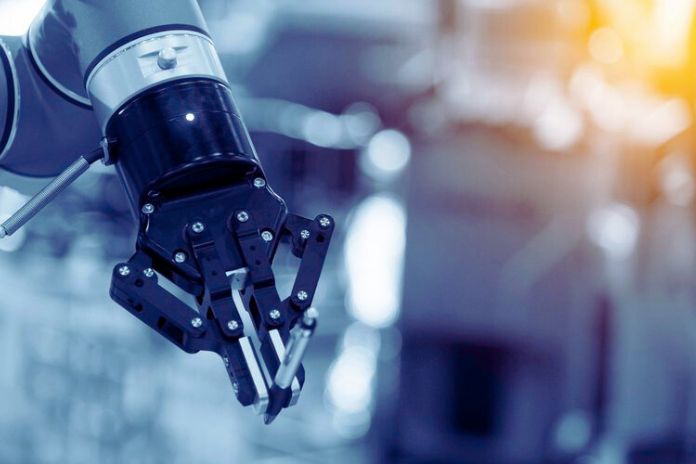Robots in Small Businesses: It may not even be news that technology has helped a lot in the affordability of robots, which was a leap for those who thought of buying a robot for their factory in the distant future.
What may be new to many is that this reality is also becoming a reality for small companies, particularly those operating in the manufacturing and food sectors.
The big breakthrough happened when it was observed that by adding robots, even on a small scale in the production line, a substantial and extremely positive change is noticeable in the work environment, by employees, and even by customers.
And what is verified, without much surprise, is that everyone wins when arms are opened to technology, regardless of the business size.
Another point that deserves to be highlighted, which seems a little discouraging, is that smaller enterprises tend to have a smaller variety of products precisely because they opt for a more specific niche, limiting the structure for the diversification of services provided.
However, if the owners are well tuned in, they will be able to perceive the reality of their production system and how a robot could contribute to meeting current goals and, why not, also, future ones.
For robotization to be a good choice, it is interesting that the factory has a versatile automation system capable of being installed and moved quickly to another location on the production line if necessary.
Increasing Reliability
We know very well that it is human nature to make mistakes, especially when we are multitasking. For example, when we put the car keys on the shelf and took the book to the car?
Well, imagine now this situation in the work environment and the size of the confusion it could cause. If something goes wrong at some point on an assembly line, the mistake can snowball into major problems.
That’s why thinking about using robots to automate small tasks brings great reliability; everything goes where it should go, no matter how redundant a task may seem.
In addition, robots are very practical, and all that needs to be done by operators is basically to check it periodically so that it is always in good working condition.
The New Small Business Culture
We could not leave this issue aside; after all, the culture in the work environment keeps the spirit of cooperation alive and motivates the team to achieve great results. Welcoming innovation that prioritizes its people can strengthen the company’s cultural bonds.
This ends up happening because by automating monotonous tasks, employees are given more time and freedom to focus on their work and, consequently, improve their productivity.
Ultimately, the workspace becomes more enjoyable and efficient for everyone. And bringing robots into the company does not necessarily mean eliminating jobs, but it can mean enhancing the current positions occupied by operators.
This could happen through new training and qualification requirements for cooperative work with robots.
A Safer Work Environment
Robots do all the heavy, dirty, and dangerous work that people don’t feel welcome doing. For this reason, these robots are commonly used in production lines. Furthermore
putting a robot on the front line is far less risky than having an operator fully exposed to the risks of an accident.
The robot has better predictability to work in total synchrony with the machinery set and not suffer injuries like a human being.
Investing in robotics is investing in the future of your business, even if it is small. With the productivity gain, an increase in the company can be achieved at a much faster rate than one could imagine.
We can also explore a more practical field: the applications most used by small companies, such as packaging and palletizing services, assembly, collection and allocation, screwing, etc.
Seasonal production can also benefit from robotics, as work cells have tools that are only used when needed.

